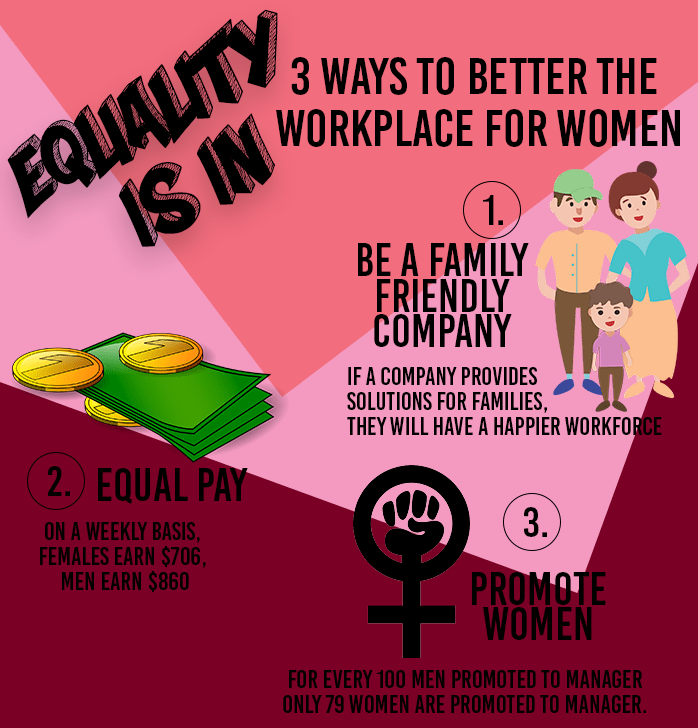Sometimes it’s tough to get your work done when there are so many things going on around the office — whether that’s because of coworker chit chat, that smartphone screaming your name begging to be checked (even though you checked it five minutes ago), or because your mind seems to be somewhere else. It can be hard to keep your focus on your work throughout your day. But, don’t worry, we’ve got your back. Here are some ways to stay focused at work:
-
Break it Up
Yes. It is absolutely okay to take little breaks. Go out for a walk around the building or do some stretches for five minutes. Reward yourself for good chunks of work with a short, friendly chat with your cube mate or scrolling through your Facebook feed. But you also need to remind yourself that these distraction periods should last about five minutes, then it’s back to business. You control it!
-
Turn it Off
If you’re one of those people who constantly checks their phone every five minutes (even though nothing is different), maybe it’s time to turn off your phone. We know, that’s easier said than done but, turning off your phone actually has some great benefits, such as, making sleeping and waking up easier, increasing efficiency, improving productivity, and boosting your memory.
-
Headphones are Key
Let me guess. You sit close to a Chatty Kathy and a good chunk of your day is listening to them go on and on. Boy, do we have a solution for you! They’re called headphones! Wow! Amazing! But, seriously, if you put those bad boys in, Chatty Kathy will get the hint. Also, listening to music or podcasts provides inspiration and increases productivity. Especially, if you’re listening to jazz or classical music. Classical music is known for boosting your mood and your concentration. “Hey Siri, play Bach!”
-
Water & Snacks
Water. What a marvelous thing. Water has so many benefits and it solves everyone’s problem (OK, not really, but almost). Drinking water helps clear skin, cure headaches, promote weight loss, increase brain energy and function, boosts performance in exercise, we could go on! So, make sure your cup of water is always within reach to avoid unnecessary breaks in the office kitchen or at the water fountain.
Just like water, make sure your snacks are within reach. The only thing that will cure that annoying, grumbling stomach that you’ve been thinking about for the past hour is food!
-
Prioritize and List
Nothing will keep you more focused than writing all your tasks down. To-do lists help you prioritize what needs to get done and limits you to doing one thing at a time. Some people are great at multi-tasking but overall, multitasking lowers your work equality and efficiency. Keep your day organized with lists and cross those bad boys off when you finish a task, then reward yourself with a walk around the building.
Succumbing to those daydreams, phone alerts, or office chit chat can negatively impact you at work, so don’t let it happen! Put in those headphones, turn off that phone, or go to a quiet spot in the office for a little while – you’ll eventually notice you’re a lot more focused!





